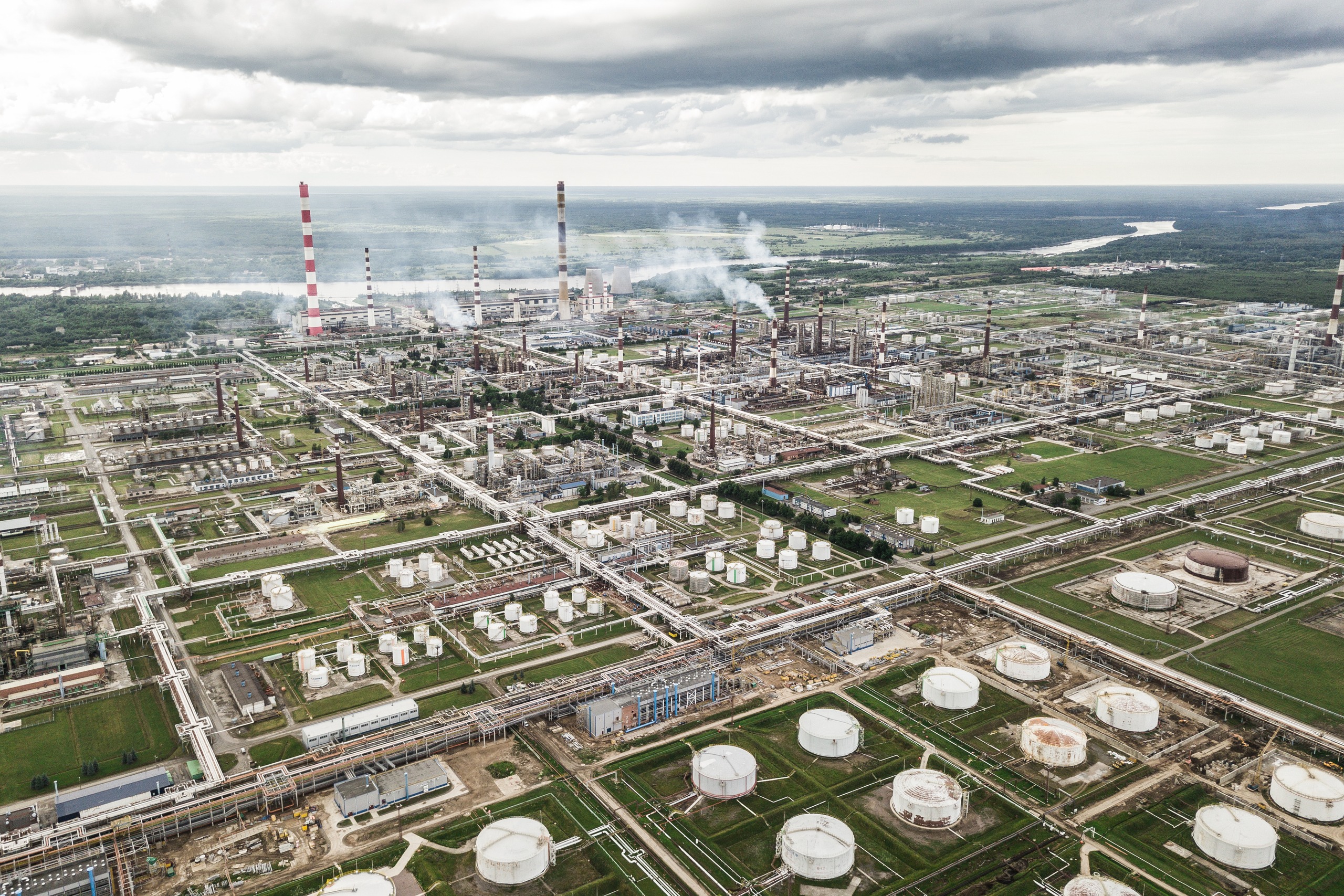Asset integrity management is an extremely important program for industries and it can vary according to each operation, according to its specific needs and particular characteristics.
Although it has been present for a long time in the industrial sector, with the objective of generating more safety and reducing risks to operators, integrity management can be another method used by industries against the challenge of containing climate change.
Read: Understand the importance of Asset Integrity Management
Opportunities for a good sustainability-oriented AIM system
Industries are facing requirements from stakeholders in relation to the optimal use of assets in their life cycle, with the objective of improved and sustainable performance.
Industries need to implement actions that aim to change their way of operating in order to generate greater sustainability and less environmental impact. It is necessary for these industries to find the perfect balance between profitability and the actions that containment of climate change requires.

Above all, these large corporations need to disassociate the image of sustainability as a mere expense and rather as a great investment opportunity.
In the context of integrity management, the performance of assets is evaluated based on their financial return. However, there are opportunities for return without major social and environmental risks.
Ensuring asset integrity does not mean preserving an asset indefinitely, but seeking ways to use it in order to preserve the macro objectives of the business with minimal costs and reduced environmental impact.

In addition, asset integrity management with a focus on sustainability is also characterized by seeking new alternatives. This means decommissioning assets when necessary and looking for new, more suitable alternatives for these assets.
Asset integrity management with a focus on sustainability is characterized by:
- assets perform their function properly
- maintains good performance
- have good energy performance
- do not compromise environmental and workforce safety
- have a return on investment without generating accident and environmental risks
These are some extremely important points for asset integrity management that values the industry’s objectives in relation to reducing the environmental impact of its own operation.
But still, recurrent integrity assessments are needed with good communication between the data generated by inspection and maintenance, so that mitigating actions, interventions, and even repair can be carried out in the most appropriate possible way.
Understand how integrated asset integrity management systems can optimize the execution of inspection and maintenance activities, generating more agility, less risk, and greater long-term profitability. Click and understand!

